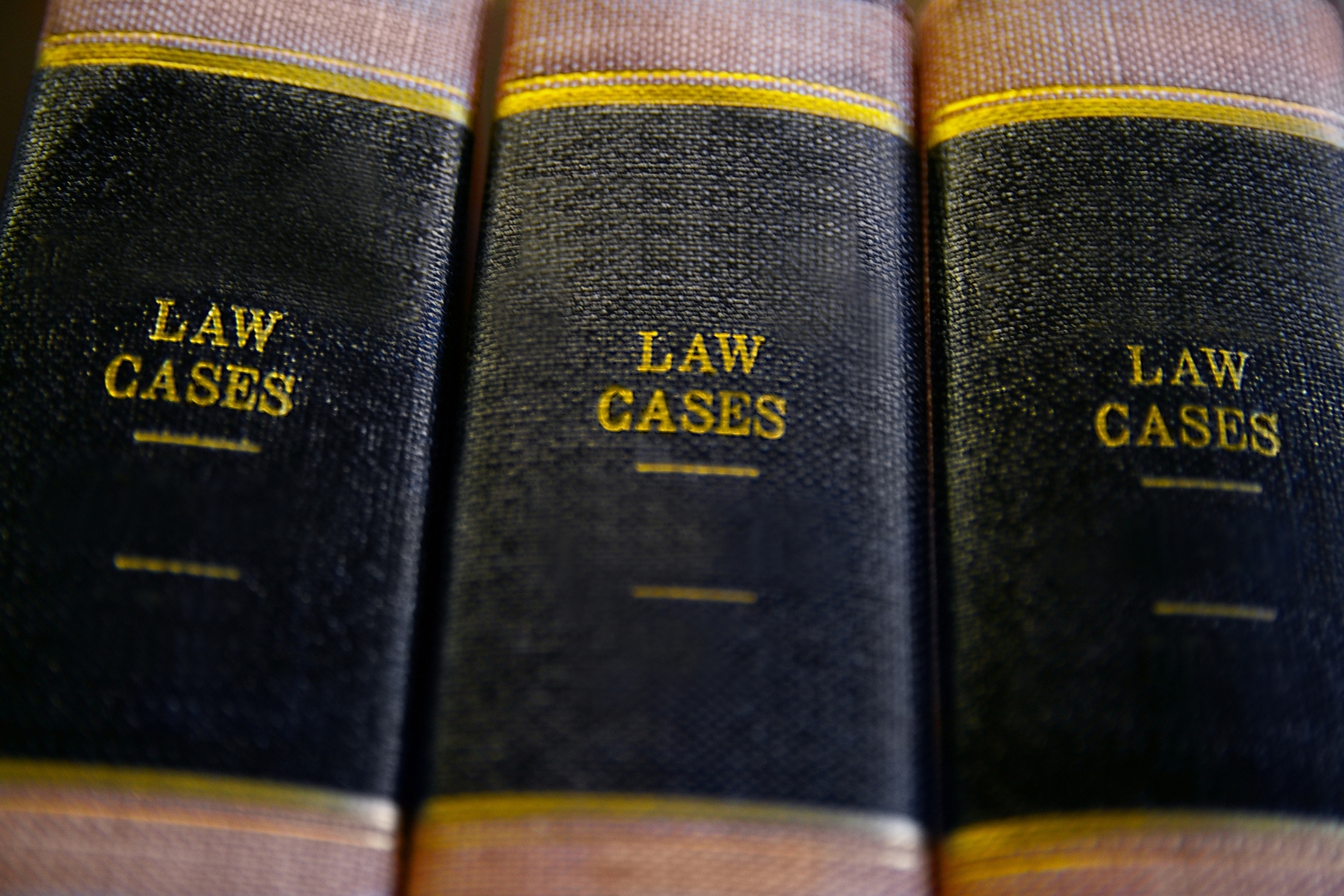
Continuing legal education module 6: Women and freedom of thought, conscience and religion
Overview
Module 6 will provide an introduction to the intersection of women and freedom of thought, conscience and religion (FOTCR). This module will be presented in two (2) parts. Part One will look at women’s lived realities and explore how their lives are impacted by FOTCR. It will also look at deepening our understanding of Muslim family laws, and what makes reform possible.
Part 2 will deal with the application of key international and civil laws affecting women and FOTCR. There will be a focus on the Convention on the Elimination of All Forms of Discrimination Against Women (CEDAW). Attention will also be paid to the key provisions in our civil law and the provisions of the highest law of the land, our Federal Constitution.
Learning Objectives
Upon completion of Module 6, you will be able to:
- Understand that FOTCR issues impact women differently from men;
- Discern the difference between Syariah, fiqh, and Islamic law, and its significance for law reform;
- Appreciate how law as an institution simultaneously enables discrimination and yet provides relief against discrimination; and
- Recognise the intersections between identities including gender, gender identity, sexual orientation, age, class, race, and ability in relation to FOTCR.
References
- Ghanea, N. (2017) Women and Religion Freedom: Synergies and Opportunities – https://www.uscirf.gov/sites/default/files/WomenandReligiousFreedom.pdf
- Barnett, H (1998) Introduction to Feminist Jurisprudence, Cavendish Publishing Ltd., Chpt 3, “Patriarchy”
- Musawah, (2018). Knowledge Building Brief no 1, Shari’ah, Fiqh and State Laws.
- Musawah, (2018). Knowledge Building Brief no.2, Muslim Family Laws: What Makes Reform Possible?
- Musawah, (2012). CEDAW and Muslim Family Laws: Finding Common Ground, Musawah.
Reading Materials
- Ghanea, N. (2017) Women and Religion Freedom: Synergies and Opportunities – https://www.uscirf.gov/sites/default/files/WomenandReligiousFreedom.pdf
- Musawah, (2018). Knowledge Building Brief no 1, Shari’ah, Fiqh and State Laws.
- Musawah, (2018). Knowledge Building Brief no.2, Muslim Family Laws: What Makes Reform Possible?
- Musawah, (2012). CEDAW and Muslim Family Laws: Finding Common Ground, Musawah.
6.1. Women’s Lived Realities
6.2. Civil and International Law Aspects of FOTCR and Women
This strategic litigation continuing legal education series on the right to freedom of thought, conscience, and religion or belief is produced by MCCHR and LB Training with support from the American Bar Association Rule of Law Initiative.
Produced by Aisya Abdul Rahman.
Bulletin
Subscribe to our email newsletter to receive the latest news and updates from the MCCHR team directly in your inbox.
for Constitutionalism
and Human Rights